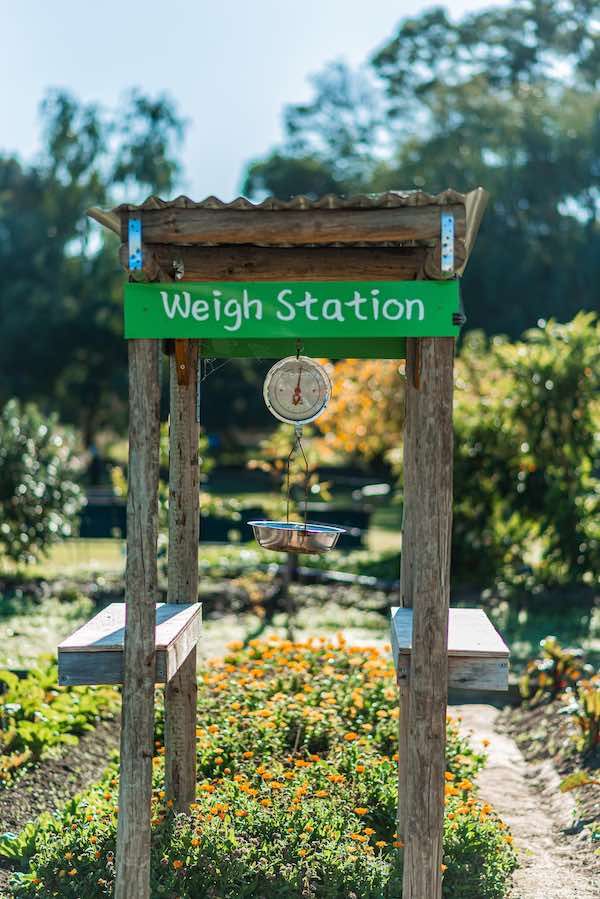When Liz March takes first-time visitors to PepperGreen Farm, there’s one response she gets time and again. “Most people’s reaction is ‘Wow. I can’t believe I didn’t know this existed’,” says Liz, who is PepperGreen Farm’s chief executive officer.
Close to the heart of Bendigo and set on an immensely significant and historic five-acre site, PepperGreen Farm is a social enterprise that employs around 100 people with disabilities. The property was originally a Chinese market garden during the gold rush before becoming a commercial nursery. In 2005 a rare Chinese brick kiln – thought to be the oldest brick kiln outside of China – was discovered on the site. Archaeologists excavated part of the kiln before reburying it, with the view that it will be fully unearthed and protected in the future. Then, 10 years ago, Access Australia Group saw the opportunity to re-establish the market garden as a way of providing employment for people with disabilities.

“We plant, propagate and sell an inordinate amount of fruit, vegetables and plants to the general public,” says Liz. “Some local restaurants buy produce directly from us while members of the community can come in, walk through the garden, identify the pumpkin they want to take home and our staff will pick it for them. You can’t get fresher than that!”
But despite PepperGreen’s name, the farm doesn’t just grow fresh produce. There’s an education hub that offers gardening programs and kitchen demonstrations for schools, an art gallery space, a funky retail store and a light-filled café brimming with delicious meals and cakes baked on site.
“We are so excited that Bendigo has been voted a UNESCO City of Gastronomy because we are different from other cafes and farms,” says Liz. “While you still get an amazing quality of food, you also get a warm and fuzzy feeling that comes from supporting people with a disability.”
The farm provides employment for people with a variety of disabilities, ranging from physical disability and deafness to autism, cognitive impairment and Down syndrome. “Some staff will be learning about cooking and serving customers while getting their food safety certificates, others will be propagating plants and yet others will be learning to be baristas,” says Liz. “I really think their ability is no different from you or me, and truth be told, they make a much better coffee than I do!”

One of the reasons Liz loves working at PepperGreen Farm is the amount of innovation she sees. “We are currently exploring making biochar, which is using charcoal in the soil for carbon sequestration but also for the health of the soil,” she says. “If we can produce it then it will provide someone with a job, but it’s also fantastic for your garden. We see it as a win-win.”
More and more, people are looking for a connection with their food – we want to know where it has come from, who’s growing it and the food miles associated with each item. The beauty of PepperGreen is that so close to the urban centre of Bendigo is a farm that is growing food that’s not only good for us, but good for the community.

For more information about PepperGreen Farm, visit the website: https://peppergreenfarm.com.au/
Words by Lindy Alexander

0 Comments on "Inside PepperGreen Farm – a healthy food hub"